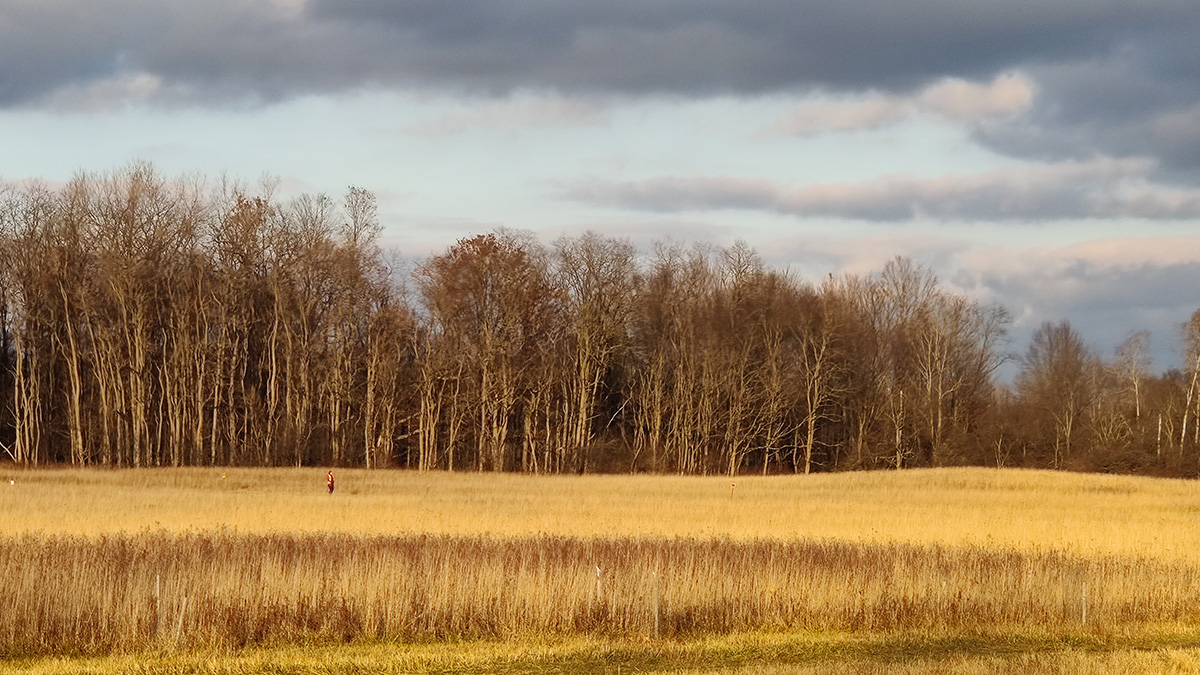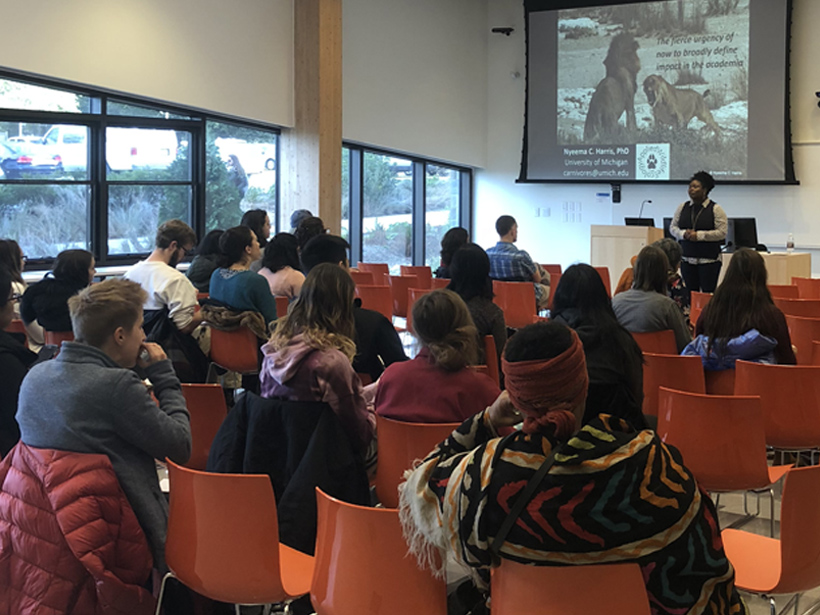Warmer winter temperatures have altered frost patterns and growing seasons across the United States, forcing botanical gardens and arboretums to adapt.
Massachusetts
Seeping Groundwater Can Be a Hidden Source of Greenhouse Gases
A new study in the Farmington River watershed shows that groundwater seeps can release 20% of dissolved emissions into the atmosphere before the water joins streams.
Home Foundations Are Crumbling. This Mineral Is to Blame.
Pyrrhotite causes cracks in concrete. But research on how widespread the issue might be has only scratched the surface.
Neighborhood Strategies Inform Boston’s First Urban Forest Plan
The city prioritizes equity and inclusion as it incorporates tree coverage into climate resiliency efforts.
Forest Edges Are More, Not Less, Productive Than Interior Forest
The boundaries of northeastern U.S. forests suck in more carbon dioxide than previously thought.
The Surprising Root of the Massachusetts Fight Against Natural Gas
Tree lovers are hunting down the cause of arboreal deaths—and may remake the regional energy system in the process.
Cape Cod: Shipwrecks, Dune Shacks, and Shifting Sands
Living in Geologic Time: How long will the cape keep its fist raised against the waves?
What’s in a Seminar?
Graduate students at the University of Massachusetts Amherst redesigned their departmental seminar series to increase diversity, equity, and inclusion, and other institutions could do the same.
New England Forests Were Historically Shaped by Climate, Not People
A first-of-its-kind study combining paleoecology and archeology indicates that the New England landscape was not actively managed with fire prior to European arrival.
Dive into Stunning Sea-Inspired Art
Every year, children from around the world craft unique pieces of art showcasing species found in Massachusetts’s Stellwagen Bank National Marine Sanctuary. Take a dip underwater with these marine masterpieces.










